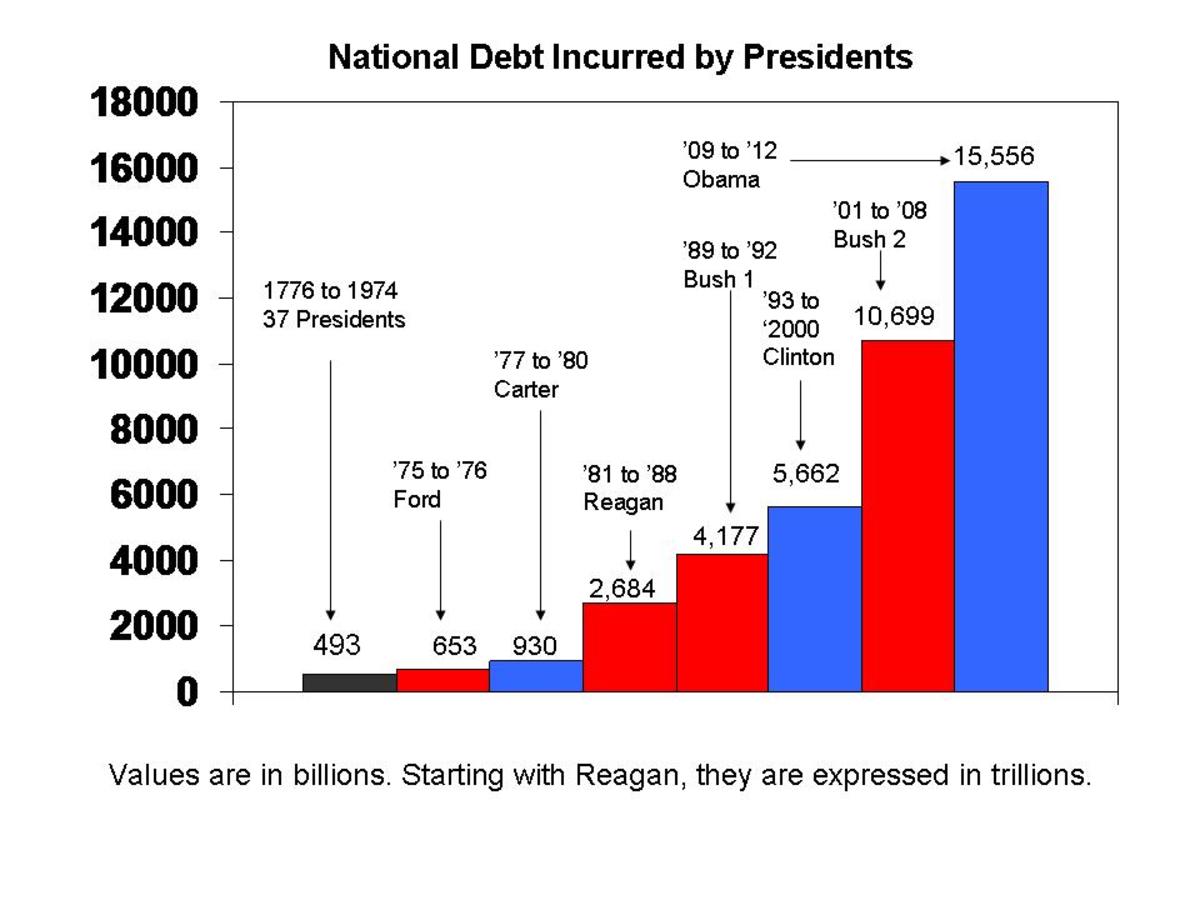Why the Government Should Prioritize Education Over the Economy
It is possible but may not be wholsome to prioritize education over the economy
There is a mix up between the main question and the premise of the question. The main question mentions "prioritize" while the premise mentions "value" If we wish to include value, it should be in another question like "Should the government value education more than the economy?"
There should be a focus and that is mentioned in the main question. I will focus on "prioritize." In this vein, priority is in terms of budget. The government should prioritize the economy. The economy provides the resource to support education. (The main question or the premise did not define economy. In the following discussion economy is defined in two contexts: one, in a balance budget, another, in deficit budgeting.)
Balanced budget
Let us start with a balanced budget of government where expense is covered by the income of the government. In this balanced budget, education is one of the items. Economy is equivalent to income. In this case, education can only equal that of the economy, assuming that there are no other budget items. However, in the government budget, there are other budget items. In the Philippines, for example, there are branches of government like the judiciary, legislative, and executive. Each branch is given a budget. The executive branch has departments like Finance, Trade and Industry, Defense, Interior and Local Government, Environment and Natural Resources, Science and Technology, Transportation and Information, and Education. Assuming that in the executive branch, education is given the top priority. Still education will compete with the judiciary and legislative branches in terms of priority in the budget. It is possible to give top priority for education over that of the legislative and judiciary. But the uppermost limit of education is the income or economy; education can never go over the top of economy.
Deficit budgeting
There is another possible case where income is not equated with the economy. That is a method of government budgeting called deficit budgeting.
In deficit budgeting, the expenses of the government for the current year are not covered by the income of the government. Suppose the expense is two billion pesos (Philippine currency) or two billion dollars and the government income is only one billion dollars. This is the practice, even in the United States. However, there was one year during the term of President Jimmy Carter that the government budget was balanced. Most of the administrations of the United States went for deficit budgeting. In fact, the promise of a candidate for the U.S. presidency is budget deficit reduction. That was the promise of President Bill Clinton in his first campaign for the presidency. When he became president he fought hard for budget deficit reduction and won in Congress by just 4 votes among the congressmen (Woodward, B. The Agenda. 1995).
What does budget deficit mean? The government spends more than it earns for the budget year. For example, it earns one billion dollars but spends two billion dollars. How could that be? The government borrows the one billion dollars from merchant banks or from the public. The issuance of Treasury bills is a means of borrowing from the public. The consequences of deficit budgeting, especially if the loan is spent on non-productive purposes like war is another story.
In the context of deficit budgeting, economy can assume a different definition or it is a function of various factors like investments, balance of trade with other countries, and interest rates.
Education can be viewed as an investment, That is, if we put aside value. Someone can always argue that education is not an investment in the sense that it will be measured in terms of return on investment of a business outfit. In deficit budgeting. education is a budget item.
Now economy is no longer considered as a budget item but as a function of, say, different factors, and various government departments like Finance (that includes Customs Bureau and the Bureau of Internal Revenue), Trade and Industry, Agriculture and Forestry, Tourism that are the primary income-earning entities of the government.
Education, administered by the Department of Education, may be given priority over any or all of the income-earning departments. The implication of this prioritization is another story.









